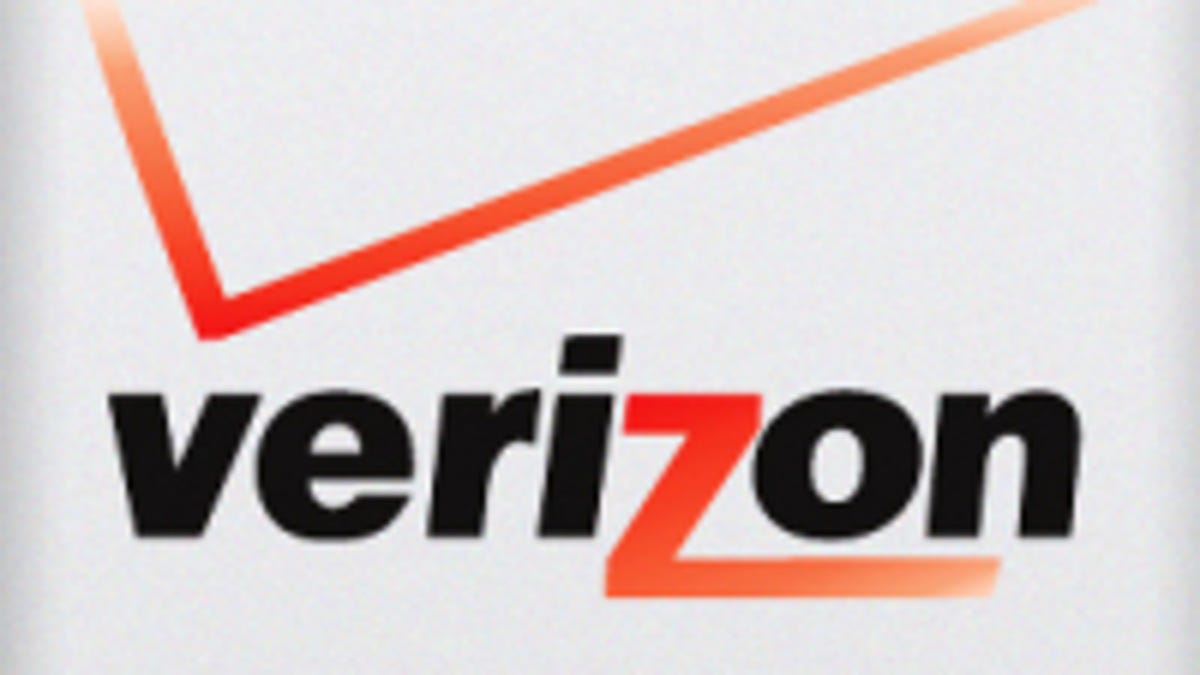Verizon Wireless wants to 'edit' your Internet access
<b>commentary</b> Here's a novel idea: Claim the First Amendment gives a carrier the right to pick and choose what you connect to via the Internet.

What if your wireless provider gave you Internet access and search results according to what it decided was a "priority"?
As a Verizon Wireless customer, I'm furious at the idea that it would "pick favorites" over what I was actually looking for -- especially if it was an emergency.But that's just what Verizon is fighting in court to do right now. Verizon has filed a brief (Verizon vs. FCC) with the U.S. Court of Appeals for the D.C. Circuit for the "freedom" to edit your Internet, dear customer.
If you think this would remain a Verizon issue, think again. If Verizon gatecrashes Internet access filtering, you better bet that other ISPs will hustle to get on the train to sell Internet "priority" spots to the highest bidders.
This comes at the same time that Verizon is set to win approval from the FCC, according to reports, in an airwave buyback deal from a group of cable companies (including Time Warner and Comcast). Only the U.S. Justice Department can block the deal.
Verizon is suing to have the FCC's net neutrality order thrown out -- and it's not the first time, as Verizon was quick to challenge the FCC about this very issue in 2011 when the FCC first set such rules.
The FCC's order was intended to keep the Internet as it was when it began -- to keep Internet service providers like Verizon from becoming "editors" or gatekeepers. It holds that neither Verizon nor any other Internet provider can block or slow access to online content, including if they disagree with its message or are being paid by a third party to favor some alternative.
Verizon's argument is sure to enrage people who cherish the free and open Internet. Verizon's reason is that Internet/broadband providers inherently have "editorial discretion."
From Verizon's filing:
In performing these functions [providing the transmission of speech], broadband providers possess "editorial discretion."
Just as a newspaper is entitled to decide which content to publish and where, broadband providers may feature some content over others.
That Verizon offers this argument just as it's set to land-grab cable airwaves -- and with a brief for filtering Internet results grounded in cable-company First Amendment rulings -- doesn't seem like a coincidence.
MediaMatters wisely observes:
Verizon cites as precedent Turner Broadcasting System, Inc. v. FCC (1994), in which the Supreme Court ruled that cable companies enjoy First Amendment protection because they exercise editorial discretion in transmitting the speech of others, and are not merely neutral pathways over which speech is transmitted without restriction or interference.
The idea that ISPs -- especially cable (pay-TV) providers -- can use the First Amendment as a shield against net neutrality is hotly contested.
Naturally, reasonable people are worried that Internet content will be more filtered than the filing suggests. MediaMatters Research Fellow Simon Maloy writes:
Verizon is arguing that its freedom of speech requires that it have the power -- a power that, by its own admission, it has never used -- to deny content producers access to consumers, and vice-versa.
The concerns about how far Verizon's argument to "edit" customers' internet access might go are disturbingly valid.
In 2008, Verizon rejected Hollywood's call to filter the Internet in an attempt to use Internet censorship to "fight piracy."
So maybe Verizon's suggestion it wants to be able to edit the Internet might be little more than a legal tactic.
We hope. I asked Verizon for comment and a spokesperson succinctly said, "Our filing speaks for itself."
Whether or not Verizon will actually try to deny or edit access remains to be seen. But Verizon is certainly fighting to be able to "edit" Web access and make its own best interests -- whatever those are -- a priority.

